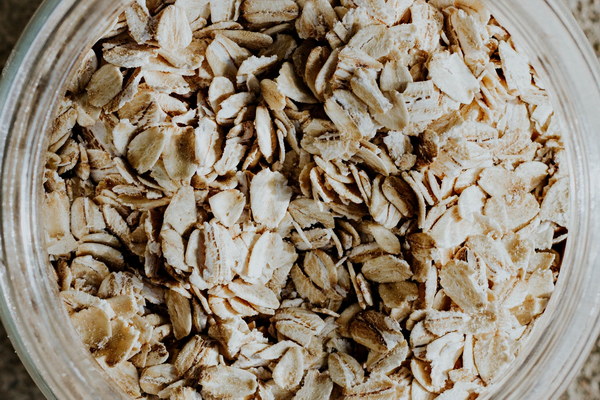Embrace Longevity and Vitality Discover the Secrets of Amida Buddha's Health Practices
In the pursuit of longevity and vitality, countless individuals have sought out ancient wisdom and spiritual practices. One such practice that has gained attention for its health benefits is the philosophy of Amida Buddha. Amida Buddha, also known as Aum Amida Butsu, is a central figure in Mahayana Buddhism, revered for his boundless compassion and the promise of salvation for all sentient beings. This article explores the secrets of Amida Buddha's health practices and how they can be incorporated into our daily lives to enhance our well-being.
1. Mindfulness and Meditation
At the heart of Amida Buddha's health practices lies mindfulness and meditation. These practices help cultivate a state of inner peace and balance, which in turn promotes physical and mental health. By focusing on the present moment and letting go of worries and anxieties, we can reduce stress and enhance our overall well-being.
To incorporate mindfulness and meditation into your daily routine, try the following:
- Set aside a few minutes each day to meditate. Find a quiet, comfortable place to sit or lie down and focus on your breath, a mantra, or a specific object of meditation.
- Practice mindfulness throughout the day, whether you are eating, walking, or engaging in daily activities. Pay attention to the sensations, thoughts, and emotions that arise, and observe them without judgment.

2. Compassion and Kindness
Amida Buddha is known for his boundless compassion, and this quality is integral to his health practices. Research has shown that compassion and kindness can have profound effects on our physical and mental health, reducing stress, anxiety, and depression while increasing happiness and well-being.
To cultivate compassion and kindness in your life:
- Practice loving-kindness meditation, sending well-wishes to yourself and others.
- Engage in random acts of kindness, such as offering a helping hand to a stranger or volunteering your time to a local charity.
- Cultivate empathy by putting yourself in the shoes of others and understanding their perspectives.
3. Balanced Diet
A balanced diet is another key element of Amida Buddha's health practices. In Buddhism, it is believed that the food we consume affects our physical and mental well-being. Therefore, it is essential to choose nutritious, wholesome foods that support our bodies and minds.
Here are some tips for maintaining a balanced diet:
- Incorporate a variety of fruits, vegetables, whole grains, lean proteins, and healthy fats into your meals.
- Limit processed foods, sugary snacks, and excessive caffeine and alcohol consumption.
- Listen to your body's hunger and fullness cues, and eat in moderation.
4. Physical Activity
Regular physical activity is crucial for maintaining a healthy lifestyle. Amida Buddha's health practices encourage us to engage in physical activities that promote strength, flexibility, and overall well-being.
To incorporate physical activity into your life:
- Aim for at least 150 minutes of moderate aerobic exercise per week, such as walking, swimming, or cycling.
- Include strength training exercises twice a week to build muscle and improve bone density.
- Engage in activities that you enjoy, as this will make it easier to maintain a consistent exercise routine.
5. Mind-Body Connection
In Buddhism, the mind and body are interconnected, and taking care of both is essential for overall health. Amida Buddha's health practices emphasize the importance of nurturing the mind and body together.
To strengthen the mind-body connection:
- Practice yoga or tai chi, which combine physical movement with meditation and breathing exercises.
- Spend time in nature, as it has been shown to reduce stress and improve mood.
- Explore other mind-body practices, such as qigong or reiki, that can help balance your energy and promote well-being.
In conclusion, the health practices of Amida Buddha offer a holistic approach to well-being that emphasizes mindfulness, compassion, balanced diet, physical activity, and the mind-body connection. By incorporating these practices into our daily lives, we can enhance our physical and mental health, live longer, and enjoy a more fulfilling life.









